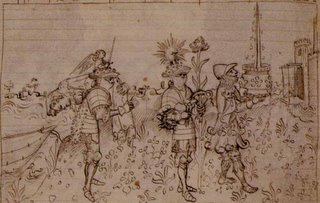
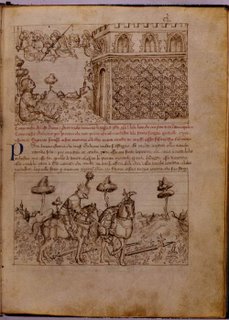
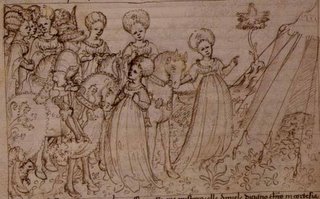

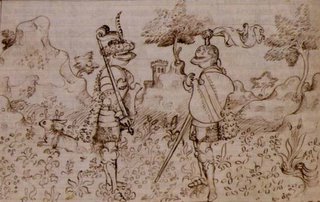
The legends associated with King Arthur, Sir Lancelot, the Knights of the Round Table, Merlin, the quest for the Holy Grail, the role of Lady Guinevere and the magical sword Excalibur, grew out of a number of literary sources in England and France from about the 11th century onwards.
The definitive version of these fictitious stories was Le Morte d'Arthur by Sir Thomas Malory, written in about 1470 - in time for the printing press of William Caxton to confer immortality onto the publication [1485]. The legendary motifs that persist today can be found in this version.
The images here are from a vellum manuscript in latin. There isn't any commentary and I have no idea whether or not it preceded Malory's work. If I had to lay money on it, I'd say it was written about the same time (or earlier as my 2nd guess). There are sketches on virturally every page: ~350 pages in total and they were done by probably 2 or 3 hands ranging from insipid to cartoon-like to Da Vinci-like. It's probable that the small amount of colouring of embellished letters and a couple of the sketches was added later. Some 30 or more pages are badly stained. But for the mostpart I thought it was an interesting work to flick through.
- La tavola rotonda, in volgare dialettale [essentially: 'The Round Table, in vulgate dialect'] (Manoscritto Palatino 556) is hosted by La Biblioteca Nazionale Centrale di Firenze.
- Putting 'King Arthur' or 'Sir Lancelot' into any search engine brings up a lot of results. I found the Arthurian Legend homesite to be easy to read, succinct and informative. They also have the wonderful 1940's Francoise Taylor engravings relating to the Arthurian story.
- Arthurian links from Dmoz and Voice of the Shuttle.
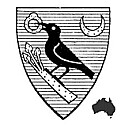








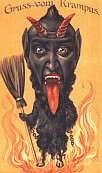
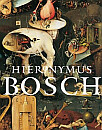
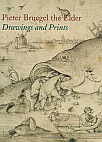
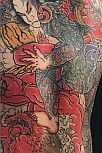
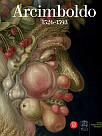

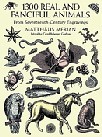
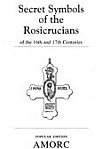


2 comments :
These drawings are delightful—thanks, as usual, for posting them. The heading La tavola rotonda, in volgare dialettale means 'The Round Table, in common dialect,' i.e. Italian rather than Latin. Sec. XV means 15th-century, so that's not much help in determining the manuscript's date relative to Malory, although I would hazard that Malory's version, if it does precede this one, would less likely be an influence than other Italian versions of the Arthurian tales, of which, I am surprised to learn, there were several, or French versions drawing on the tradition going back to Chrétien de Troyes.
Heh..busted guessing! Ah well.
I seem to recall there were German and Dutch versions (at least) as well. Dating that manuscript from a purely textual exegesis would be a very complex and arduous task I'd be thinking.
Post a Comment
Comments are all moderated so don't waste your time spamming: they will never show up.
If you include ANY links that aren't pertinent to the blog post or discussion they will be deleted and a rash will break out in your underwear.
Also: please play the ball and not the person.
Note: only a member of this blog may post a comment.